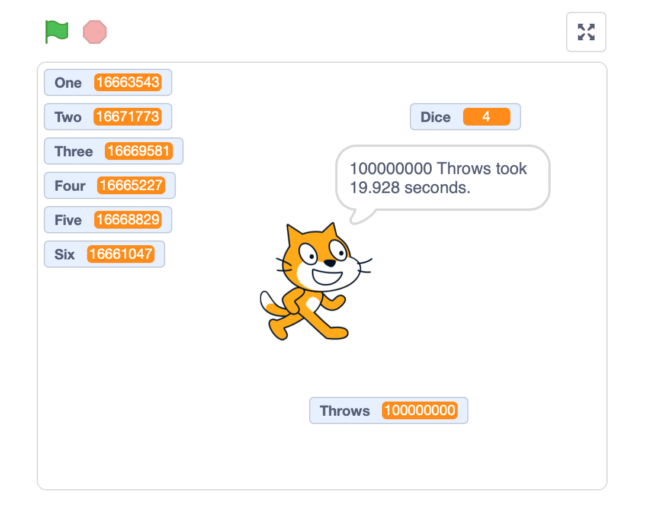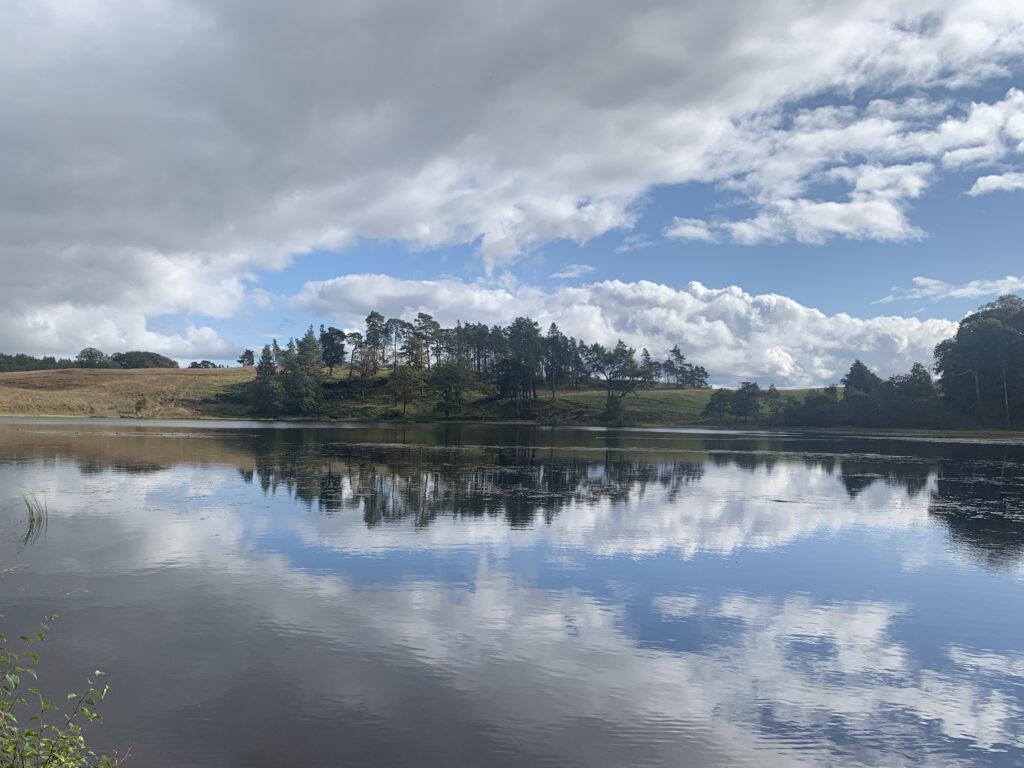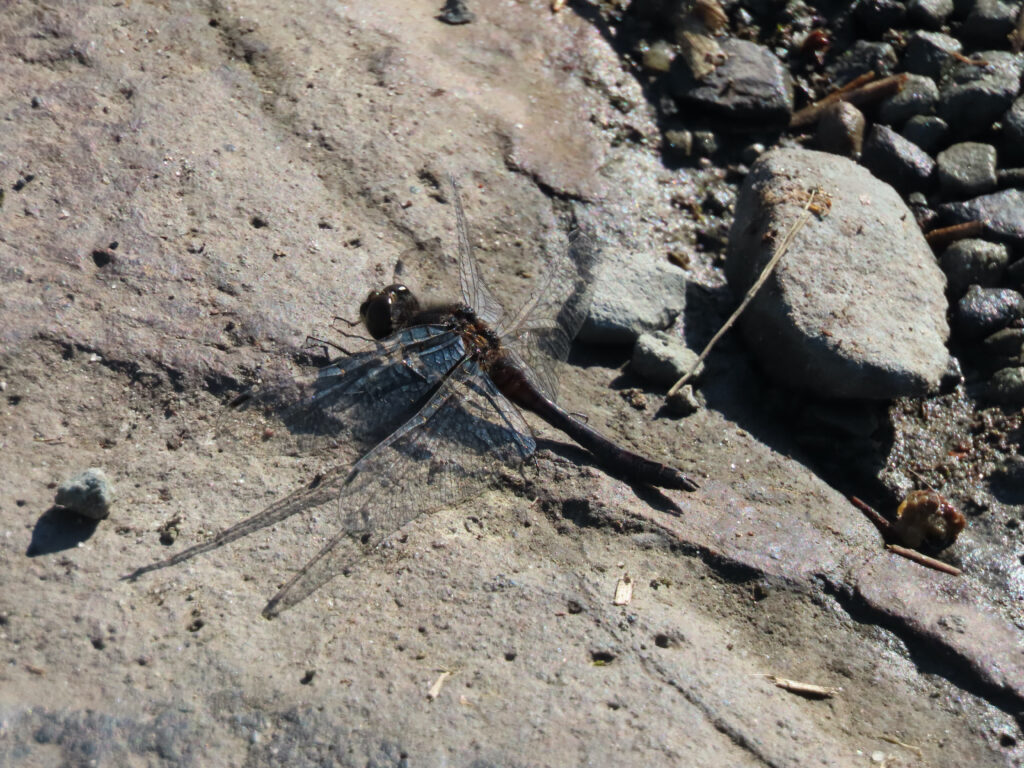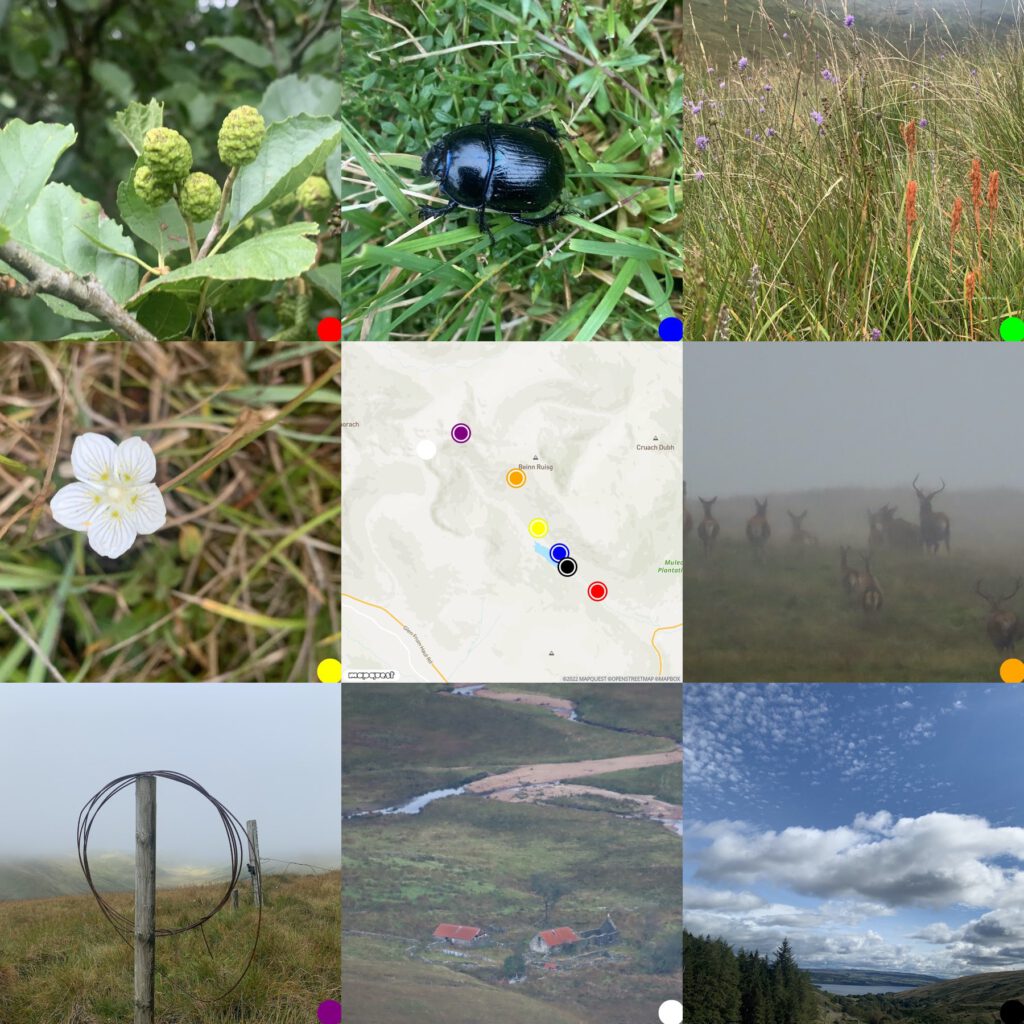Had a walk around Ardinning this afternoon, few dragonflies about, photos of Common Darter (pretty sure)

Just gathering a few podcast feeds. Problems:
1. Search finds links to podcast aggregators/apps rather than original site 2. These sites tend not to show the RSS feeds.
I know I can search & sub in Castro (or other app), but I just wanted to gather rss urls.
Mood Grumpy
Listened: Really Specific Stories – Daniel Jalkut
Uh, you know, you could imagine a history of podcasting, that evolved more just like a digital version of radio, and didn’t have this, this idea of a feed. And there are services out there, I think, trying to get back to a more controlled, like not, not a feed-based system,
I’ve been really enjoying dipping into Really Specific Stories which is about the creative practice of RSS-based tech podcasting. So far a lot of the episodes I’ve listened to have been from duel point of views as listeners & producers. I’ve found the ‘listener’ views particularly compelling.
I’ve not managed to post any notes about the episodes I’ve listened to but I’am delighted that they come with full transcripts. I mostly listen to podcasts while driving, ideas pop into my head and vanish. The transcripts let me go back and skim to be reminded.
I didn’t really need to skim this episode except to grab a quote. Daniel’s passionate arguments for RSS and publishing in the open came across very strongly. I both enjoyed and agreed with it all.
Although Really Specific Stories is about tech podcasting I think anyone with an interest in podcasting would enjoy it. I’ve listened to several episodes now and will continue to follow it.
TurboWarp Speeds up Scratch

I saw a tweet from James Abela:
Just found this amazing tool to convert any @scratch project into a #Mac #App. You can now literally use this kid’s tool to put apps together! Incredible and I managed this in less than a minute! #everyonecancode #scratch #appinamin #coding How to make a Scratch Project into a Mac OS app in under 1 minute – YouTube
The TurboWarp Packager Converts Scratch projects into HTML files, zip archives, or executable programs for Windows, macOS, and Linux. but it is linked to several tools that are part of TurboWarp:
TurboWarp is a Scratch mod that compiles projects to JavaScript to make them run really fast.
Now the sort of thing I do with scratch is certainly not in need of speeding up or turned into an application! But I have seen many really complicated scratch programs, but my needs are simple.
I did recall a maths project we made in class a couple of years ago, when working on probability & chance. The project throws dices a number of times. Of course the class wanted to run it many many times, but it got a bit slow once we got to 10 million throws.
Here is the Project on Scratch:
And in Turbowarp:
For me 100 million throws took 1056.443 seconds in Scratch and 21.784 seconds in Turbowarp. I guess device, browser, operating system and the direction of the wind might change these results a bit. I also expect the code could be a lot better;-)
Had a walk round the hills around the reservoir, today. Felt my age as I’ve not been out much lately. Notes, photos & map: walkmap
Listened: VR, the metaverse and education
I listened to VR, the metaverse and education by Edtech Innovators which interviewed my pal Ian Stuart.
Apart for a little dip into Google Expeditions a few years back (eek!) I’ve not really paid much attention to VR.
Of course I’ve read a lot of tweets from Ian who is now working in the VR field, but not dug in. So I was interested to listen Ian talking on this podcast. It is well worth a listen, a quick 30 minutes.
I liked the way Ian linked VR to his previous use of technology. Ian insisted that the technology should be developed in response to classroom needs as opposed to the repurposing of business software. Ian had some nice examples of the use of VR and touched upon its use as part of project based learning.
Ian also mentioned an experience from his Islay past, when project based learning needed a fair bit of scaffolding to get off the ground.
VR does not come naturally to me. I did see how engaging it was for my class using Google cardboard back in 2016. We didn’t have the time to get past engaging to learning but Ian explained some of the ways it could be added to real learning.
Ian pointed to Eduverse The World’s First K-12 Metaverse where there is a fair bit of free content to explore even without a headset. I’ve only had a short browse in my browser, but I think I’ll see how well it runs on our iPads on the school network.
Side notes:
- One of the things that puts me off is word Metaverse, it is so linked to Facebook I naturally balk.
- Anchor/Spotify is a pain to winkle podcasts out of. I add episodes of show I want to listen to, as opposed to sub to the whole series, with Huffduffer, it relies on an mp3 being linked to in the episode.
- Ian should have had a blog for all these years he has been involved in interesting things.
I presented during the 2022 Netherlands WordCamp edition in Arnhem on turning all WordPress sites into fully IndieWeb enabled sites. Meaning turning well over a third of the web into the open social web. Outside all the silos. The slides are available in my self-hosted Slideshare replacement for emb...
WordPress wants to be the Operating System for the Web. That OS is missing social features, and it’s not a big leap to add them with existing web protocols. No website owner would have to be a coder, be it home cooking style or professional, to use those social features and create conversations. It would just be there.
WordPress+IndieWeb as the OS of the Open Social Web – Interdependent Thoughts
Just great. Could quote every slide.
New iPhone feature. This is cool. In class we used use keynote or online services to cut out images. This is even simpler. No need for green screen. Works on my 4yr old phone. Hope it comes to iPadOS.
Running through my camera roll now iOS 16 installed. Impressed with the lookup of birds & insects that has been added to flora.




